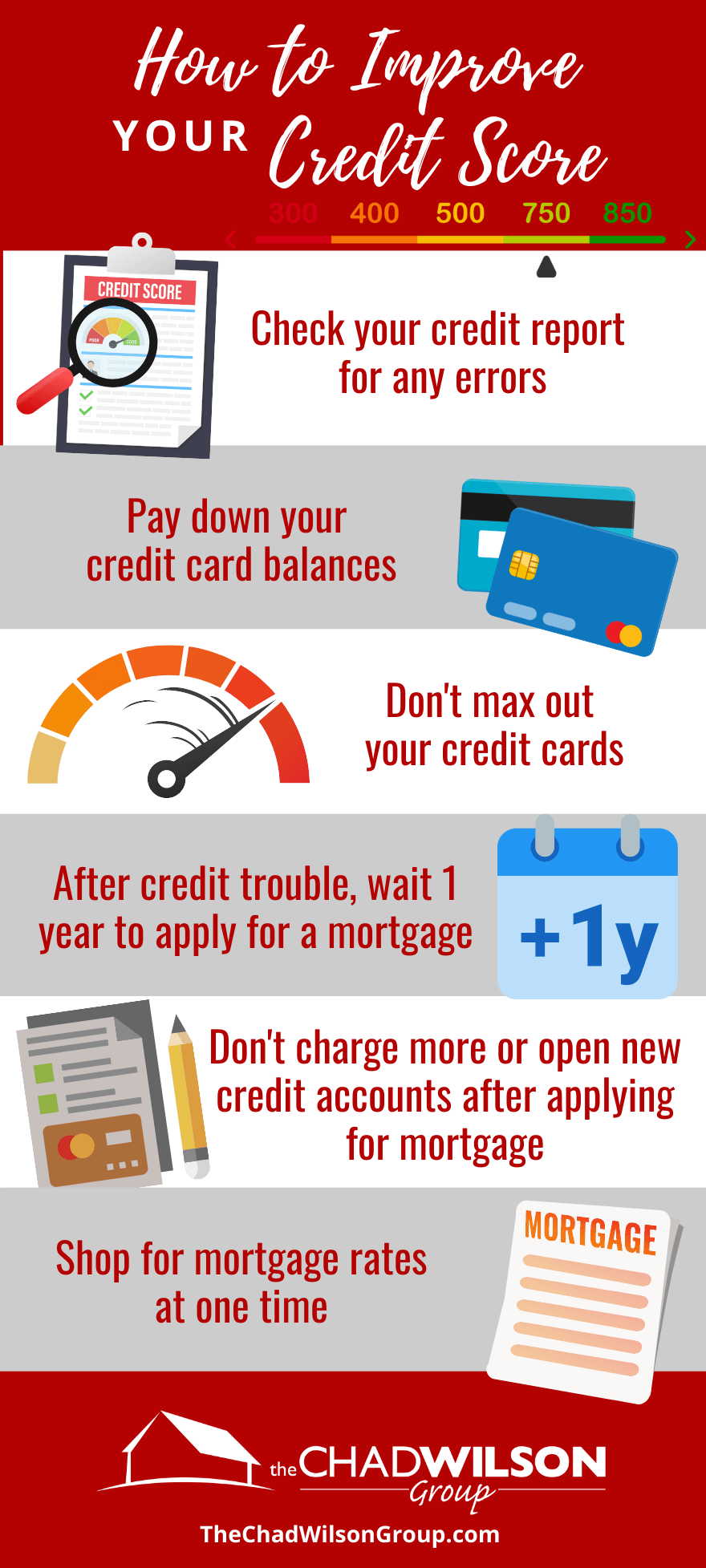Best Tips on How to improve your credit score for better loans in 2024
“`html
 Top Strategies for How to Improve Your Credit Score for Better Loans for Beginners
Top Strategies for How to Improve Your Credit Score for Better Loans for Beginners
A credit score is a numerical representation of an individual’s creditworthiness, reflecting their history of managing debt. This score, typically ranging from 300 to 850, plays a crucial role in accessing loans, credit cards, and other financial products. A higher credit score indicates a lower risk to lenders, leading to more favorable loan terms, including lower interest rates and more favorable loan approvals.
Improving one’s credit score is a strategic undertaking with tangible benefits. It unlocks access to competitive loan options, potentially saving significant amounts on interest payments over the loan’s lifetime. A strong credit score can also lead to lower insurance premiums, reflecting a lower risk profile. Historically, credit scoring systems have evolved to incorporate factors like payment history, credit utilization, credit age, and new credit inquiries, providing a more comprehensive view of an individual’s financial responsibility.
This article delves into actionable strategies for improving credit scores, empowering individuals to achieve better financial outcomes.
FAQs about “How to Improve Your Credit Score for Better Loans”
This section addresses common questions regarding credit score improvement and loan access.
Question 1: What is the minimum credit score required for loan approval?
The minimum credit score required for loan approval varies significantly depending on the lender, loan type, and loan amount. Generally, a higher credit score increases the likelihood of approval and offers more competitive interest rates.
Question 2: How can I check my credit score?
There are numerous ways to access your credit score. Credit bureaus like Experian, Equifax, and TransUnion offer free credit reports annually. Additionally, various credit monitoring services provide regular credit score updates and analysis.
Question 3: Can I improve my credit score quickly?
While improving credit scores is a gradual process, making consistent positive changes can lead to noticeable improvements within a few months. Focusing on timely bill payments, reducing credit card utilization, and avoiding unnecessary new credit applications can expedite progress.
Question 4: Is it possible to improve my credit score without a credit history?
Building a credit history is essential for establishing a credit score. Consider becoming an authorized user on a responsible credit card account, utilizing a secured credit card, or taking out a small loan with a credit union.
Question 5: Does paying off old debt positively impact my credit score?
Paying off old debt positively impacts your credit score as it decreases your overall debt-to-credit ratio, demonstrating responsible credit management. However, the impact may be less immediate compared to making consistent on-time payments on current accounts.
Question 6: What is the impact of a credit freeze on my credit score?
A credit freeze prevents new credit inquiries from being added to your credit report, effectively safeguarding your credit from unauthorized access. However, it does not directly impact your credit score as it only freezes future activity, not your existing credit history.
Understanding these fundamental aspects of credit scoring provides a solid foundation for informed decision-making.
Tips for “How to Improve Your Credit Score for Better Loans”
This section outlines actionable strategies to boost your credit score and secure favorable loan terms.
Tip 1: Make all payments on time. Payment history accounts for 35% of your credit score. Consistently making timely payments on all credit accounts is crucial. Set reminders or utilize automatic payment features to ensure timely fulfillment. Late payments can significantly negatively impact your credit score, so prioritize on-time payments.
Tip 2: Maintain low credit utilization. Credit utilization refers to the amount of credit you use compared to your available credit limit. Aim to keep your credit utilization ratio below 30%. High credit utilization can negatively affect your credit score. Avoid maxing out credit cards and make regular payments to minimize your utilization ratio.
Tip 3: Limit new credit inquiries. Hard inquiries on your credit report occur when lenders pull your credit report during loan applications. Each hard inquiry can slightly decrease your score. Limit applications for new credit to avoid unnecessary inquiries. Consider consolidating existing debt rather than opening new accounts unless absolutely necessary.
Tip 4: Keep credit accounts open and active. The length of your credit history plays a significant role in your credit score. Avoid closing credit accounts prematurely, especially older ones. An active credit history, especially with long-standing accounts, contributes to a higher score.
Tip 5: Consider becoming an authorized user on a responsible account. Becoming an authorized user on a credit card account with a good payment history can positively impact your score. However, ensure the primary account holder has a strong credit history and manages the account responsibly.
Tip 6: Dispute credit report errors. Review your credit reports for any inaccuracies. Errors can negatively impact your score. Challenge inaccurate entries with the credit bureaus to rectify the issue. Accurate credit reporting is essential for a fair assessment of your creditworthiness.
Consistent effort in these areas can lead to measurable improvements in your credit score.
Conclusion on “How to Improve Your Credit Score for Better Loans”
Improving your credit score is a journey that requires dedication and consistent effort. By prioritizing timely payments, managing credit utilization responsibly, limiting unnecessary credit inquiries, and maintaining active credit accounts, you can gradually increase your creditworthiness. This, in turn, unlocks opportunities for more favorable loan terms, potentially saving you significant amounts on interest payments and expanding your access to financial products.
Remember, building a strong credit history is an ongoing process. Regularly monitor your credit score, track your progress, and be proactive in managing your credit. By investing in your credit health, you invest in a brighter financial future.
“`

Published on: 2024-10-12 20:19:47
 Kamarblogger Informasi seputar Sosial Media, Aplikasi Android, Info Forex dan Harga Emas
Kamarblogger Informasi seputar Sosial Media, Aplikasi Android, Info Forex dan Harga Emas